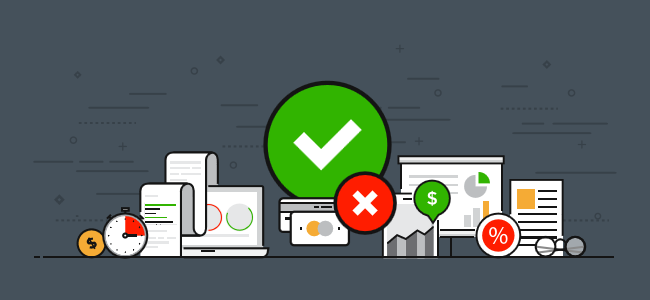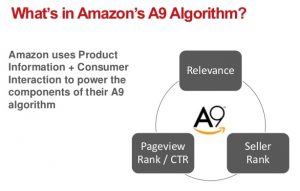
Online businesses that process e-payments need to pay attention to fraudulent activities and keep an eye on reducing financial losses. How blacklisting can help you protect customers?
Identity theft is basically posing as another person for stealing their social security number or credit card details and using it for own personal gain without their consent. It is one of the most feared white collar cyber crimes of today.
Every reputable online organization feels responsible for protecting their customers from this online fraud and their services/products from unreliable and borderline deceitful customers. Despite best efforts the trend has been on the increase and online transaction companies are always on the lookout for finding ways more secure and safe online transaction means (that includes finding and blacklisting hackers and scammers). The collective online community of e-commerce believes that blacklisting is the most appropriate solution against the act of identity theft and online financial frauds.
What is blacklisting?
Although there are many ways to ensure that the data, financial or otherwise, is safe from the threats that are posed in the online businesses, blacklisting is essentially the most efficient one known today.
Blacklisting refers to the tracking and recording of the hackers or customers showing some awkward tendencies. The program that detects an untrustworthy customer is designed with several filters each of which checks the customer for being completely authentic in his/her transaction. Their region, IP address, credit card number and e-mail address are all monitored and investigated before allowing the transaction to be completed.
In order to protect an honest customer from fraud, if any, the aforementioned details are matched with the details of a blacklisted customer. In case of a positive match, the transaction is rejected and some of the more advanced programs even send the imposters details to the concerned cyber security authorities.
The risk of being robbed online
It can start with lost or stolen e-wallets, stolen e-mail, a data breach, computer virus and even “phishing” scams. Furthermore, hackers and the black hats take advantage of the weaknesses found in the security systems of the websites and try to break into the data of the customers that is saved in the database of those websites.
The credibility of any brand lies in how safe the customers find themselves in dealing with that website and even the slightest of mistakes can lead towards heavy losses on the revenues earned through online sales.
Blacklisting improves your company credibility
Along with the names of any and all associated with some sort of identity theft, the list also involves names of agencies which have previously been involved in cyber crimes such as online fraud, insolvency, money laundering, etc. Moreover, the blacklist reports help security professionals identify corporate end points and resources that may be at risk of being hacked or any related malware infection that could jeopardize the company’s cyber security setup.
Additionally, blacklist data feeds can be fed into more advanced filtering software which scans their database to detect any existing threat such as a malware or Trojans infecting the company, eliminating its ability to siphon information from companies and receive new instructions from whoever or whatever is controlling them. This helps keep your system clean and safe from most of the hackers and frauds out there.
Business & Finance Articles on Business 2 Community(46)







